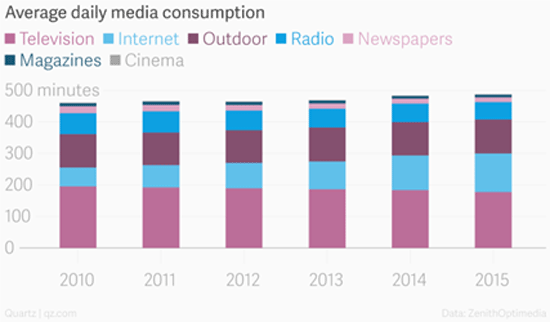By Doug “Uncola” Lynn via TheBurningPlatform.com
In the film industry, there is a marketing strategy called “counterprogramming” whereupon two opposite types of movies are released on the same weekend. The idea is to appeal to separate demographics and, ultimately, drive more people to the theaters.
This occurred last month when two summer blockbusters were released on the same day, “Barbie” and “Oppenheimer”. The former is a film about the iconic children’s doll and the latter is about the inventor of the atomic bomb.
Interestingly, the release of the films began a social phenomenon called “Barbenheimer” where many film-goers would see both shows as a double feature.
Subsequently, while visiting relatives earlier this month, some of them asked if I would consider going to both films just for kicks, or, at the very least, if I would tag along to see “Oppenheimer” only. The ladies were planning to see “Barbie” all dressed up in their pink summer outfits and they feigned dramatic sighs as I declined their offer.










 Bloomberg
Bloomberg


